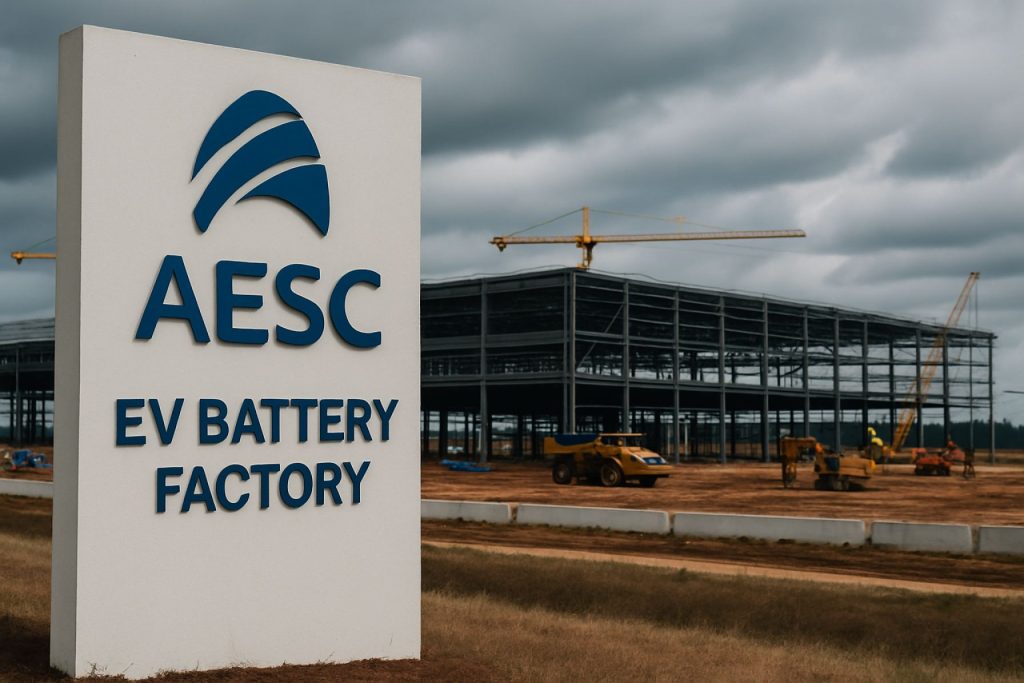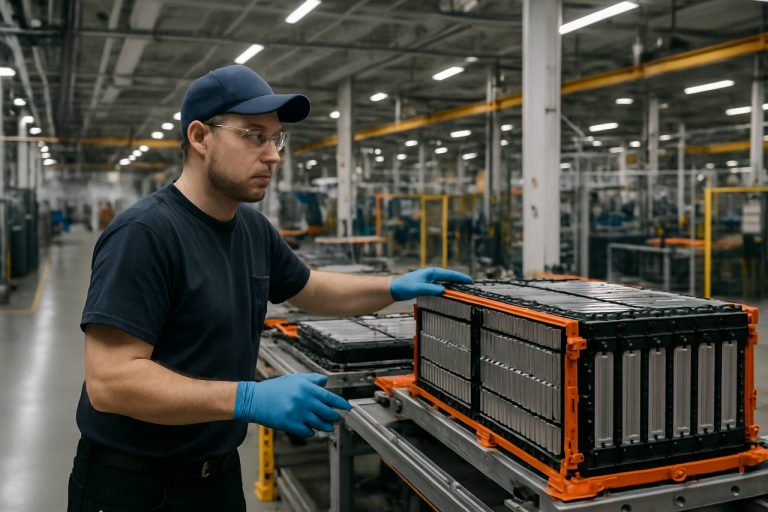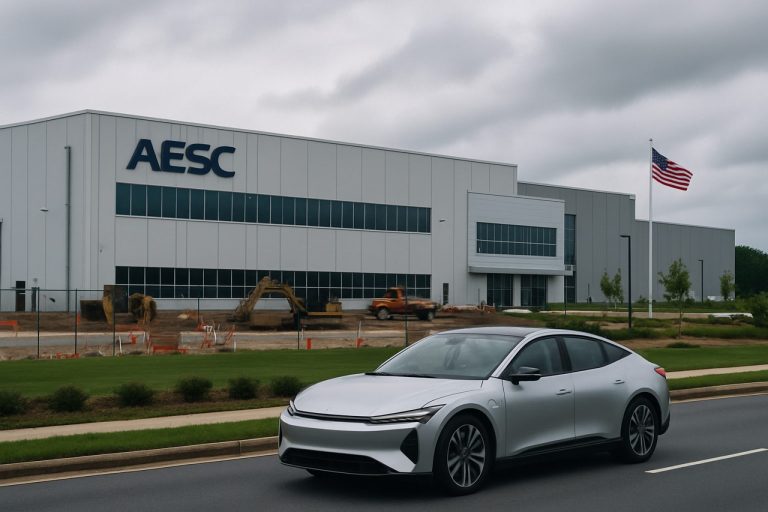
Electric Vehicle Dreams on Hold: $1 Billion SC Battery Plant Paused as Market Uncertainty Rises in 2025
South Carolina’s EV revolution faces a setback as AESC suspends $1B battery plant, citing market and policy instability in 2025.
- $1B already invested in Florence, SC by AESC.
- $1.6B total commitment by AESC to SC facility.
- 1,600 jobs expected from the completed plant.
- Batteries supplied to BMW’s U.S. manufacturing base.
South Carolina’s push to become a national leader in electric vehicle (EV) manufacturing was dealt a dramatic blow this week. AESC, a major global EV battery producer, has halted construction on its state-of-the-art Florence County facility, shaking confidence in the state’s fast-accelerating green-tech sector.
The factory, designed to pump out cutting-edge battery cells for BMW’s massive Spartanburg plant, is now a $1 billion construction site on indefinite pause. AESC executives cite unclear government policies and wild market swings as the root of their decision.
BMW’s own EV ambitions in America depend on this supply chain. With the project’s future uncertain, an entire region’s economic outlook—and the broader U.S. EV movement—hangs in the balance.
Q: Why Did AESC Halt Construction in Florence, SC?
AESC pointed to both “policy and market uncertainty” sweeping the EV industry into 2025. New regulations, unclear federal incentives, and rapidly shifting consumer demand made it too risky to continue pouring resources into the project right now.
Industry insiders note that the entire sector, including companies like Tesla and Ford, is watching for clarity in clean energy policy from Washington. Without solid ground, even giants like AESC are nervous to commit billions.
How Will This Affect Jobs and Economic Growth?
AESC pledged a total investment of $1.6 billion and the creation of 1,600 jobs for Florence County. The project has already funneled over $1 billion into local contractors, materials, and infrastructure.
With construction on pause, thousands of local workers and suppliers remain in limbo—waiting for signs that this pivotal battery plant will resume and keep South Carolina on the EV map.
How Does This Impact BMW and the EV Supply Chain?
BMW’s massive Spartanburg facility—known for producing electric SUVs for the American and global markets—relies on a steady, domestic battery source. A delay in battery supplies could ripple out, slowing EV rollouts and affecting the entire supply chain.
The suspension also pressures policymakers to clarify incentives and stabilize the EV market, as global automakers like BMW, GM, and others expand U.S. manufacturing.
What Happens Next for South Carolina’s Clean Tech Future?
Despite the dramatic pause, AESC insists it “fully intends” to deliver on its investment and jobs promises “once circumstances stabilize.” The company, local officials, and state leaders remain optimistic that the project will resume when policy and market turbulence settle.
South Carolina still plans to play a leading role in America’s clean energy revolution—if it can weather this storm.
How Can Industry and Policy Leaders Respond?
Experts recommend the following steps to get the project back on track:
- Faster clarification of federal EV incentives and tax credits in 2025
- State-level support and collaboration with manufacturers
- More transparent regulatory processes for large-scale green tech investments
Stay Tuned: The Next Chapter in America’s EV Revolution Hinges on Decisions Made in 2025!
Action Checklist for Industry Watchers
- Monitor updates from AESC and South Carolina officials
- Track policy changes from the U.S. Department of Energy at energy.gov
- Watch for market shifts and consumer EV demand trends
- Support local businesses affected by the pause
Sign up for our news alerts—don’t miss the latest on AESC, BMW, and the future of America’s EV boom!



